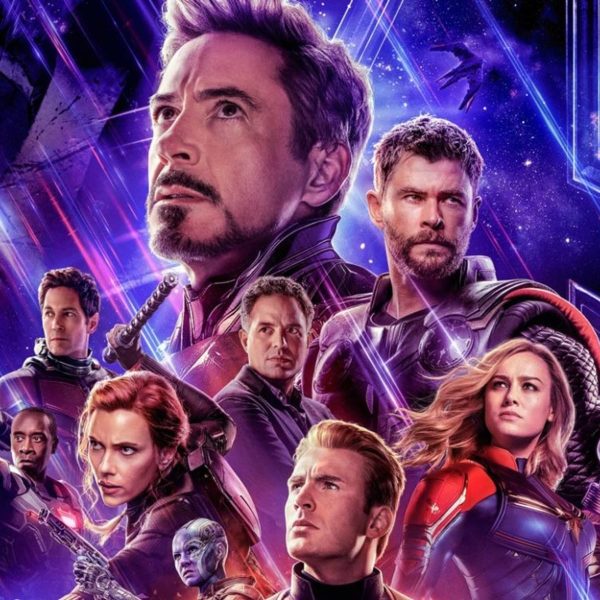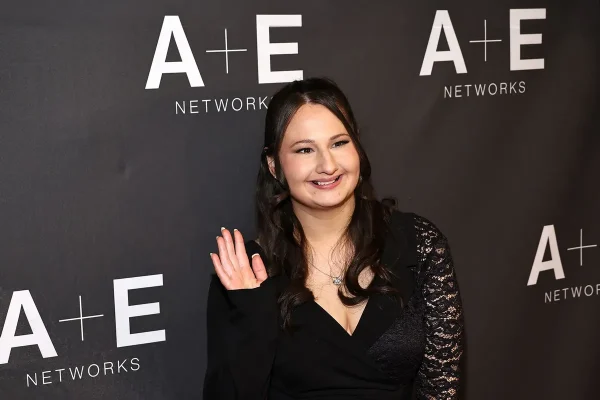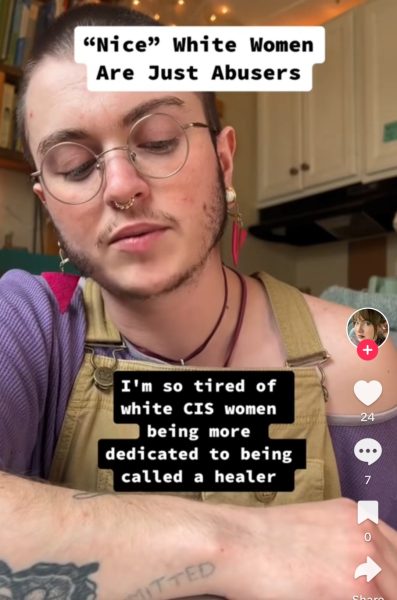It’s hard to feel good about yourself when people are pretending their lives are perfect on social media
https://www.instagram.com/p/CZmr2Y9KYi5/
Influencer Chiara Ferrgani with perfect hair and makeup despite the weather
TikTok is very addictive. It’s so easy to hop on, only planning on scrolling for five minutes, but it can end up being hours. Through my endless scrolling on TikTok, I have seen many beautiful and popular faces.
The thing about social media is that everybody puts the best parts of them on it. It is so rare that we see the downsides to the lives of social media influencers.
Most people know that a lot of what is put out on social media is fake, but that doesn’t stop people from comparing themselves to what they see on the internet. We see a lot of the influencers say that their page is completely filter-free and authentic, however, it is clear to most people that that is not entirely the case.
“According to psychotherapist Rebecca Sparkes, it’s human nature to compare ourselves to others. ‘The human brain is wired to compare ourselves to other members of the species,’ she says. ‘It was a primitive way of keeping ourselves safe’” (“How do I stop comparing myself to others on Instagram?”).
In the past, humans have had to compare themselves to others to survive. Now, we don’t need to compare ourselves to influencers to survive, but it’s hard not to.
I see relationships that are perfect, bodies that are what society would call perfect, and lives that seem to have no faults.
Personally, I have always struggled with feeling good about myself, and when I got Instagram and TikTok, it made me feel worse about myself. All the things I see are so perfect. I see perfect relationships, bodies that are what society would call perfect, and lives that seem to have no faults.
Seeing these supposedly perfect lives makes not only me, but also so many others, feel bad about themselves, even if they have nothing to put themselves down about.
Once a person becomes popular on a social media platform, they start to doll up their posts. What once was a genuine page becomes as fake as unicorns are presumed to be.
The first step to not comparing yourself to the internet is to realize that most of it is fabricated. As I previously noted, most people know that posts aren’t always completely honest, but it can be hard to move past that.
It is also important to realize that just because society views a certain group of people as “perfect” because they show the best parts of themselves, it doesn’t mean everyone else isn’t perfect. Finding a social media page that is completely authentic and filter-free can be uplifting—but difficult—because it shows the real parts of life, not just the electronically perfect parts.
Recently, body positivity has found a big platform on social media that a lot of people have been taking part in supporting, but I have noticed that most of the people who are saying that “everyone’s beautiful” are the ones who have no flaws displayed to society. Of course, these people can support body positivity—because it’s important—but if the most influential people are the ones that are “perfect” and supporting body positivity, then maybe there is a reason that we are comparing ourselves to them.
The people telling us to love ourselves don’t need to worry about what others think about them. They can worry, and some do, but in a lot of people’s eyes, their fears are unnecessary.
I’m not saying that influencers can’t feel bad about themselves—that could be why they only post gorgeous photos; all I’m saying is that it is very easy for people to compare themselves to the faces that are always on TikTok or Instagram for the world to see.
Everyone is beautiful, and nobody should feel the need to compare themselves to what they see on social media. No matter how many times people say that, it won’t stop people from comparing themselves to others. However, it is the truth, and social media is very rarely the truth.

Alex is a junior entering her third year on staff. She is the student director for the FHC Theatre program, and she can't wait for this theatre season...



























































































Kathy • Feb 14, 2022 at 3:31 pm
I loved your view of TicToc! You are so right:)